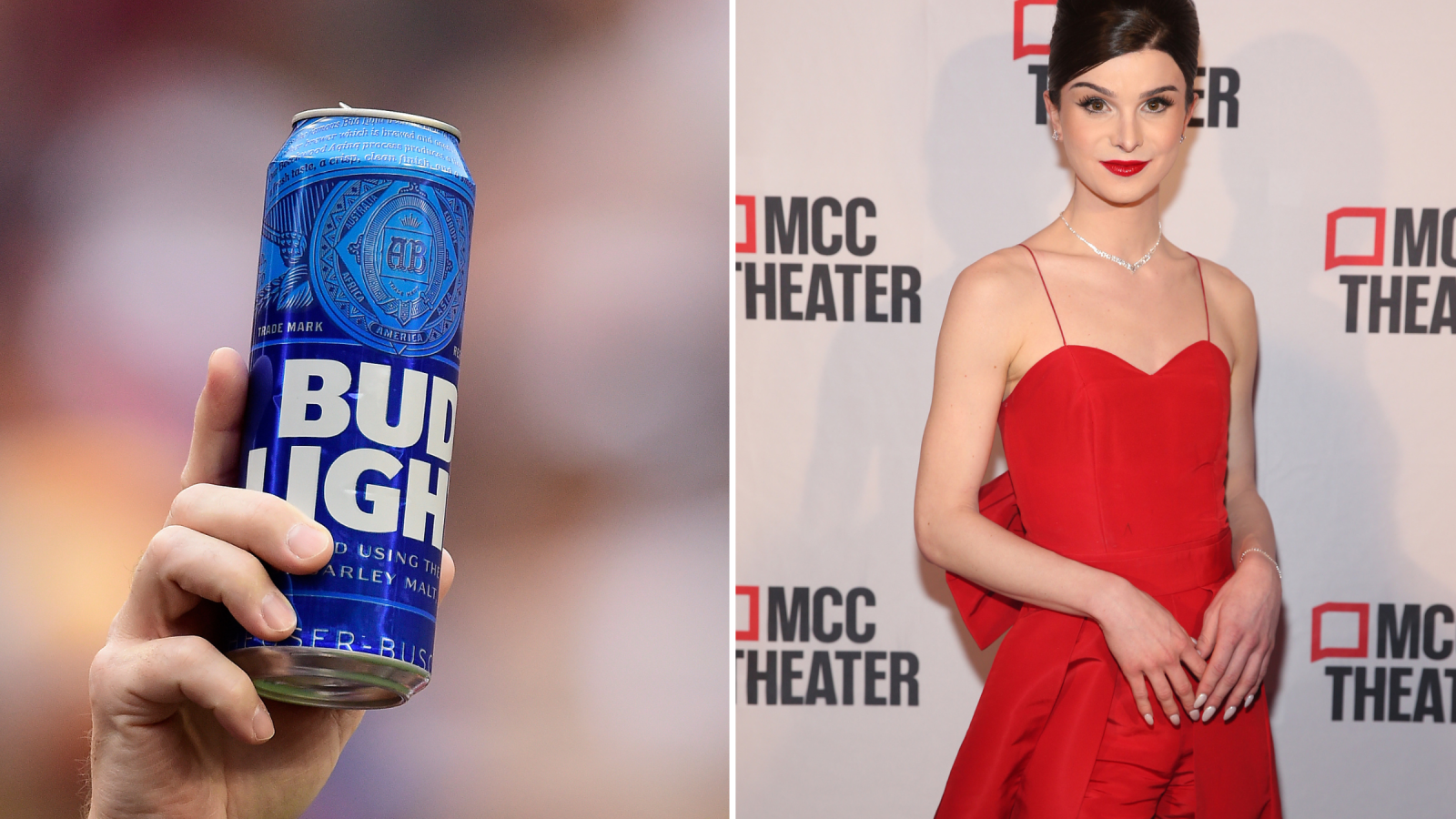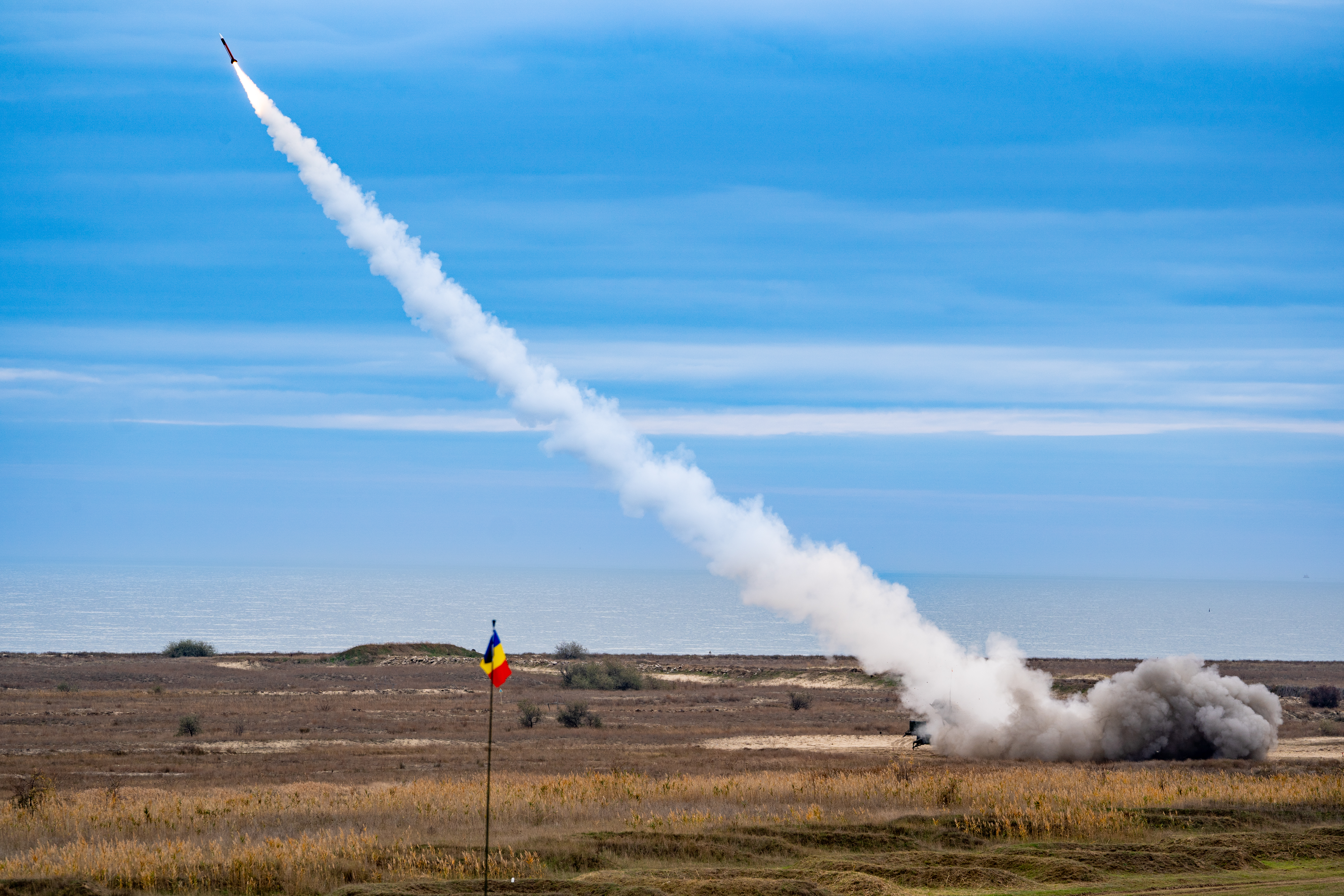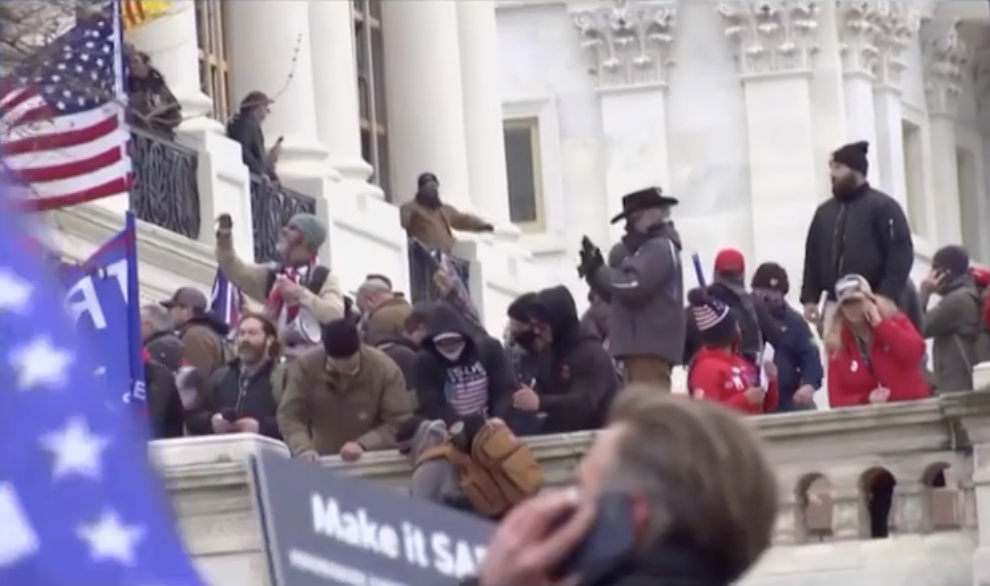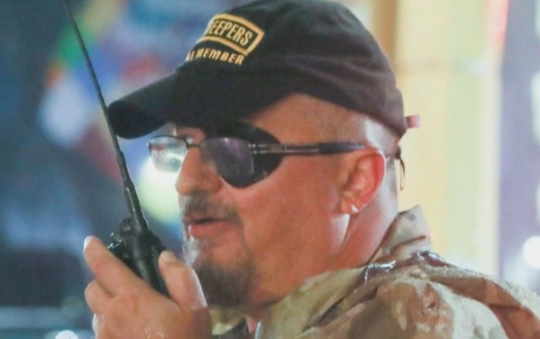Conservative backlash over a product endorsement by transgender influencer Dylan Mulvaney sparked calls for a boycott of Bud Light across social media. Celebrities Kid Rock and Ted Nugent have voiced similar messages, and far-right House Rep. Marjorie Taylor Greene, R-Ga., reposted a video featuring a rapper in a pro-Trump hoodie burning empty Bud Light boxes to her 700,000 Twitter followers.
The boycott coincides with conservative efforts in state legislatures nationwide to restrict LGBTQ rights, but such campaigns rarely succeed in hurting a company's sales or influencing its decision-making. Experts expect the calls to boycott Bud Light to ultimately fade away with little consequence for the brand's parent company Anheuser-Busch InBev.
Boycotts typically pass with little consequence because participants become distracted by different causes and revert back to old consumption habits. The boycott against Bud Light faces a further challenge because it follows an LGBTQ-friendly ad that may encourage sympathetic consumers to buy more of the product, offsetting or even exceeding the protest.
Brands have been marketing to queer consumers for decades, and marketing studies prove that being culturally inclusive drives business and sales. LGBTQ advocates have applauded companies that have used their platforms to support the community despite political attacks, and Pride events have long been sponsored by corporations and brands across industries.










